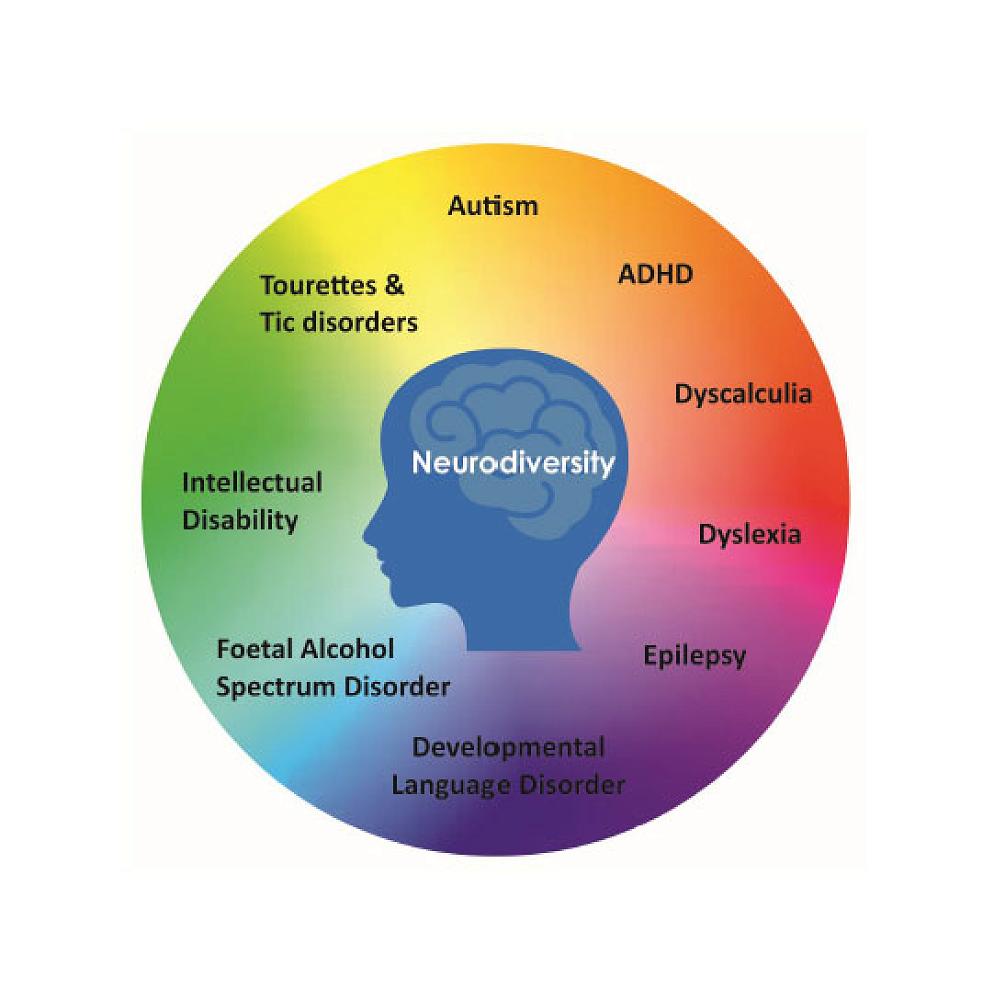
Neurodiverse Learners-Celebrating Differences
Neurodiversity is a term used to describe the range of neurological differences among individuals, including conditions such as autism, dyslexia, ADHD, and others. it is important that we acknowledge the diversity in the learning abilities within students and provide support which is reflective of their needs.
Children who are neurodivergent can face a number of challenges. They may struggle with social skills, sensory processing, communication, and executive functioning. They may also have difficulty with traditional academic tasks such as reading, writing, and mathematics. While these differences can present challenges in certain areas, they also come with unique strengths and perspectives. In recent years, there has been a growing recognition of the importance of neurodiversity and how it needs to be accepted in schools by others. It is also important to recognise that accommodations and support for neurodivergent children can look different for each individual. This might include things like different seating options, or a modified curriculum or additional support from learning assistants. We know that each child has different learning needs, and we strive to create an inclusive environment that caters for all students. We aim to provide a safe and supportive learning space for all students, regardless of their neurological differences. We have many neurodiverse learners, however, due to the resourcing available to support our learners’ needs, make it challenging for us to cater to the many unique requirements. Many of these learners require additional resources such as assistive technology, specialised teaching materials, and individualised support from learning specialists. We use the Universal Design for Learning (UDL) model, which is a framework for designing learning programmes and strategies to met the needs of all learners, including those with neurodiverse conditions. In addition to this we are fortunate to have our Board of Trustees fund additional learning assistants who work across the school in a range of roles, supporting teachers and akonga in the classroom. This can be in the form of individual instruction or taking different groups so the class teacher can provide additional support to tamariki who need it. We like to celebrate diversity at Oaklands and acknowledging that we are all different, is an important aspect of our school tikanga.
